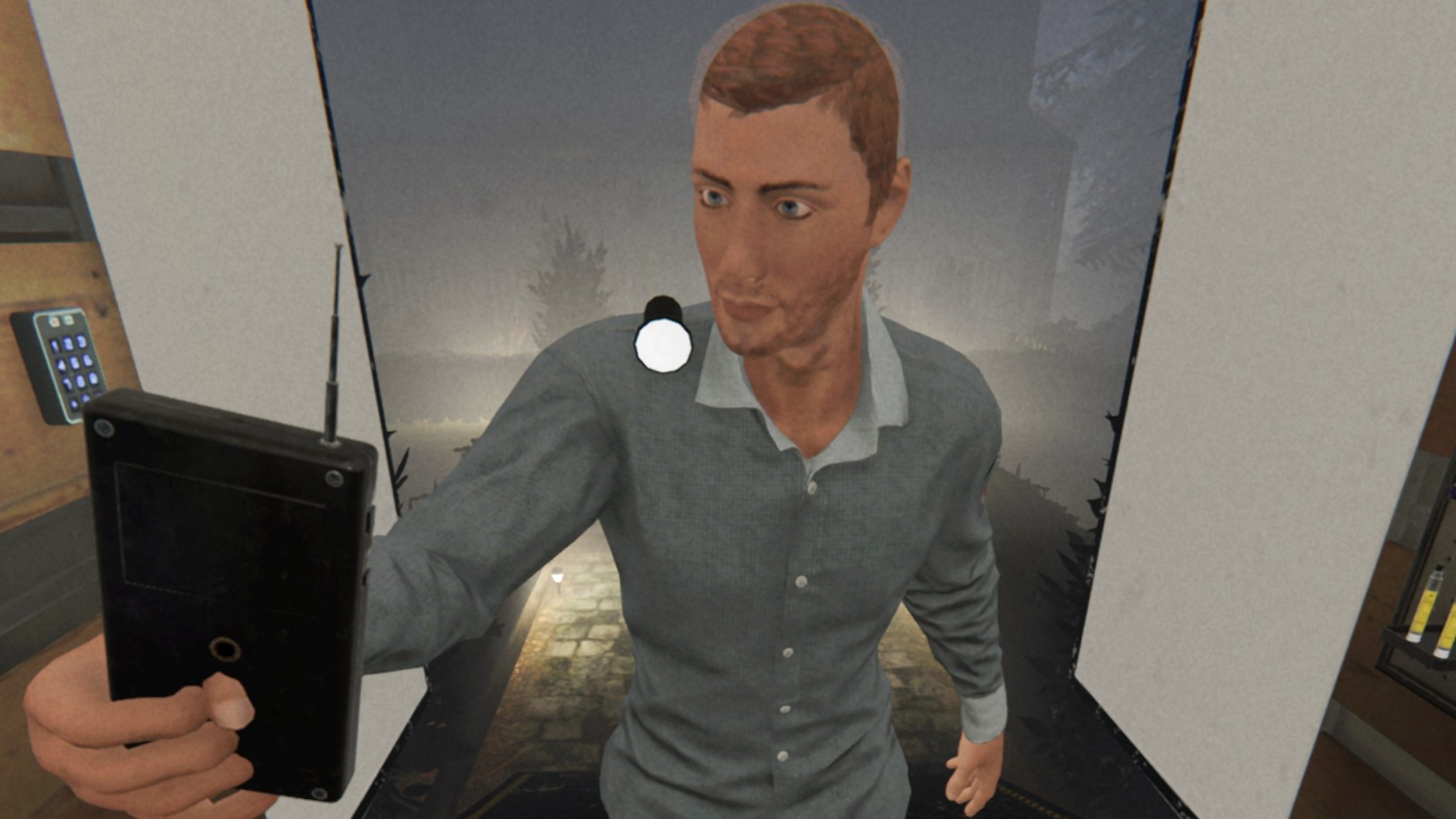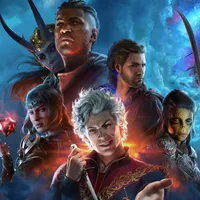Phasmophobia devs say all that live service malarkey can do one: they focus on making 'a fun game that people want to play because it's fun'
When you're right, you're right.

Keep up to date with the most important stories and the best deals, as picked by the PC Gamer team.
You are now subscribed
Your newsletter sign-up was successful
Want to add more newsletters?

Every Friday
GamesRadar+
Your weekly update on everything you could ever want to know about the games you already love, games we know you're going to love in the near future, and tales from the communities that surround them.

Every Thursday
GTA 6 O'clock
Our special GTA 6 newsletter, with breaking news, insider info, and rumor analysis from the award-winning GTA 6 O'clock experts.

Every Friday
Knowledge
From the creators of Edge: A weekly videogame industry newsletter with analysis from expert writers, guidance from professionals, and insight into what's on the horizon.

Every Thursday
The Setup
Hardware nerds unite, sign up to our free tech newsletter for a weekly digest of the hottest new tech, the latest gadgets on the test bench, and much more.

Every Wednesday
Switch 2 Spotlight
Sign up to our new Switch 2 newsletter, where we bring you the latest talking points on Nintendo's new console each week, bring you up to date on the news, and recommend what games to play.

Every Saturday
The Watchlist
Subscribe for a weekly digest of the movie and TV news that matters, direct to your inbox. From first-look trailers, interviews, reviews and explainers, we've got you covered.

Once a month
SFX
Get sneak previews, exclusive competitions and details of special events each month!
Phasmophobia is one of those unproblematic success stories. It launched in early access with such a well-conceived and executed core experience that I breathlessly proclaimed it "the best ghost game ever made." In the five years since, developer Kinetic Games has slowly but surely built Phasmophobia into the PC's definitive spook-buster (to the extent there's now a small niche in Phasmo-alikes).
Probably the biggest tribute I can pay Phasmophobia, though, is that it's still on my SSD. I don't play it all the time, but it's one of those games where someone suggests it as a palate-cleanser after some sweaty PVP, and everyone's instantly on-board. It even helps to return infrequently, because more often than not Kinetic's added or tweaked something to make it feel new. The Steam reviews tell their own story: approximately 340,000 of them have it sitting pretty at "overwhelmingly positive."
Kinetic's clearly doing something right and, at the recent launch event for a comprehensive rework of Nell's Diner, CEO Daniel Knight and art director Corey Dixon told PCGN that dodging the usual live service trappings is kinda the point.
"[Live service] has definitely changed players' expectations," says Knight. "For us, we've never called [Phasmophobia] a live service but, because of the popularity, everyone assumes it is. We do have some seasonal content, but that's basically as far as we go."
Even the seasonal events, and this is not a criticism, are quite minor in nature: messing around with some map aesthetics at Halloween, maybe adding a player card to earn, but nothing in the vein of the FOMO-style blowouts that live service titles can gravitate towards.
"We'll never call ourselves a live service," says Knight. "We don't want to go down that route [...] we don't have microtransactions or DLCs or anything like that. We only have the initial sale. We don't want to go down that microtransaction route that you get in all these live service games."
Arise Sir Knight, and accept this virtual garland for such correct opinions. Dixon also points out that such a model "adds a lot of pressure" for the studio itself, making the demand for new content an incessant one. "We obviously want to create content in a timely manner, but we release things when they're ready," says Dixon. "We're not like, 'We have to do ten updates a year,' and this kind of thing. It creates a much better work environment."
Keep up to date with the most important stories and the best deals, as picked by the PC Gamer team.

Knight points out that most live service games receive substantial updates every month or so, and Kinetic doesn't have the demands that come with having a publisher (the game is self-published). "We set our own milestones and our timeline, and we're happy to push things back," says Knight. "We don't want to put ourselves under that kind of pressure."
Knight points out that things like progression don't have to be max levels and stat bars, but can be the intangibles: in this case, knowledge of how the game works and the many kinks in how different ghosts can behave at different times. In this context, he mentions there are no plans to change Phasmophobia's current progression system.
"We're in a position where we can try and be like those games we played as kids," says Dixon. "You want to play the game because it's fun, not because you're on a treadmill or something. People play Phasmo because they love it. We're not trying to just suck you in and keep the player's attention. You want to just make it a fun game that people want to play because it's fun."
2025 games: This year's upcoming releases
Best PC games: Our all-time favorites
Free PC games: Freebie fest
Best FPS games: Finest gunplay
Best RPGs: Grand adventures
Best co-op games: Better together

Rich is a games journalist with 15 years' experience, beginning his career on Edge magazine before working for a wide range of outlets, including Ars Technica, Eurogamer, GamesRadar+, Gamespot, the Guardian, IGN, the New Statesman, Polygon, and Vice. He was the editor of Kotaku UK, the UK arm of Kotaku, for three years before joining PC Gamer. He is the author of a Brief History of Video Games, a full history of the medium, which the Midwest Book Review described as "[a] must-read for serious minded game historians and curious video game connoisseurs alike."
You must confirm your public display name before commenting
Please logout and then login again, you will then be prompted to enter your display name.


